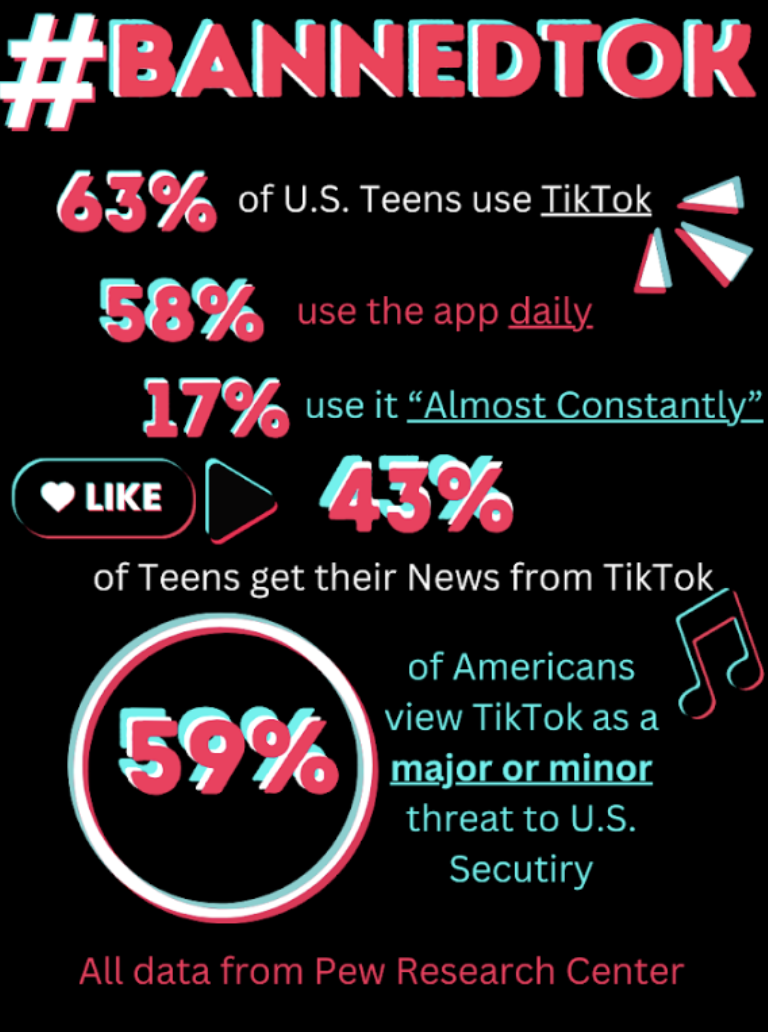Alix Neenan ’12
Graphics Editor
When Dr. Joel Kabak’s Advanced Placement Biology students log on to his website, they are welcomed by a clock that shows how many days, hours, minutes, and seconds they have until the AP exam.
Time appears to be a primary issue when it comes to AP classes, especially information-driven courses such as Biology or History.
“The time element is a real problem,” said Kabak.
At Staples High School, students have eight months to take their AP classes. The tests, given by the College Board, take place during mid-May.
Most schools up north, such as Staples, start during September and end in mid-June, while most schools down south start during August and end in mid-May,
This grants southern schools nine months, giving them what would seem to be a leg up, while schools up north only have eight months to coach their students for this important exam.
According to Kabak, “three weeks is another six chapters” in AP Biology. “It’d be much better” if they had that crucial extra month, said Kabak.
Mr. Willick, an AP World History teacher, doesn’t think one month would make that much of a difference. “It would [still] be a challenge to teach it in nine months,” said Willick. According to Willick, “the scores are already really good.”
The mean AP score for Connecticut students last year was a 3.36 out of five. Nearby northern states such as New York, with a mean score of 3.06, and Massachusetts, with a mean score of 3.33, did similarly well.
The national mean for the AP exam was a 2.88, which means that even without the extra month, schools up north are doing better than schools in the south, such as Texas, which had an AP mean score of 2.57.
Dr. Henry Ploegstra teaches AP European History and AP Literature at St. Mark’s school of Texas. Even with an extra month, Ploegstra feels like there is too much to cover.
“If we read about a chapter a day, we can just about complete the book in an academic year,” Ploegstra said. “Very few students ever completely understand everything they are learning. It’s always a trade–off between quantity and quality.”
The AP program, which is administered by the college board, says on its website why students should take an AP class: they will “stand out in the college admissions process.” Many teachers find this is often the sole reason why students opt to take an AP class that they’re not ready for.
“There is a difficulty in that the AP has a certain level of importance,” said Kabak. “It forces kids to take classes that they’re not prepared for.”
Both Kabak and Ploegstra believe that the AP structure should be reworked.
“I would like to get rid of the AP machinery entirely and just teach the courses,” said Ploegstra.
Kabak agreed.
“We feel like we are running nonstop until May 12th,” said Kabak.












































